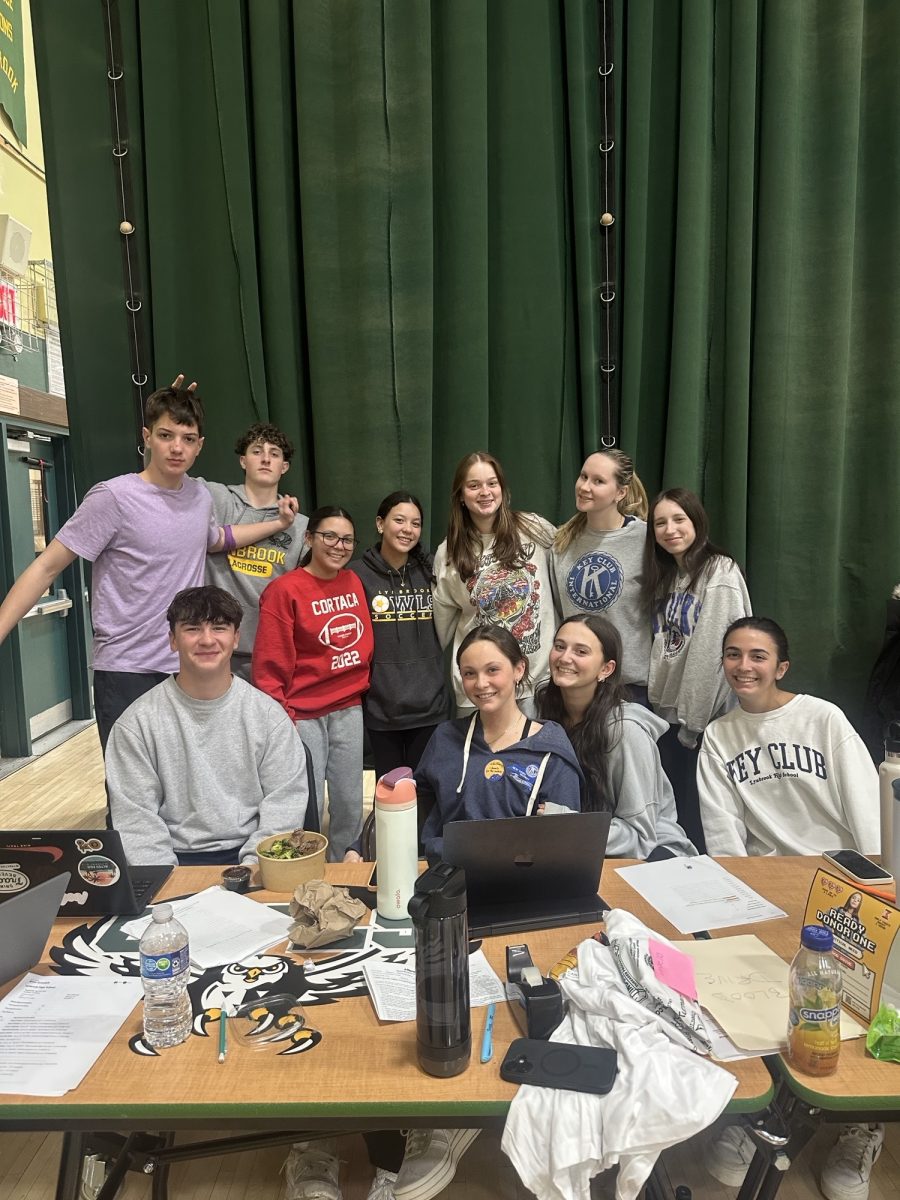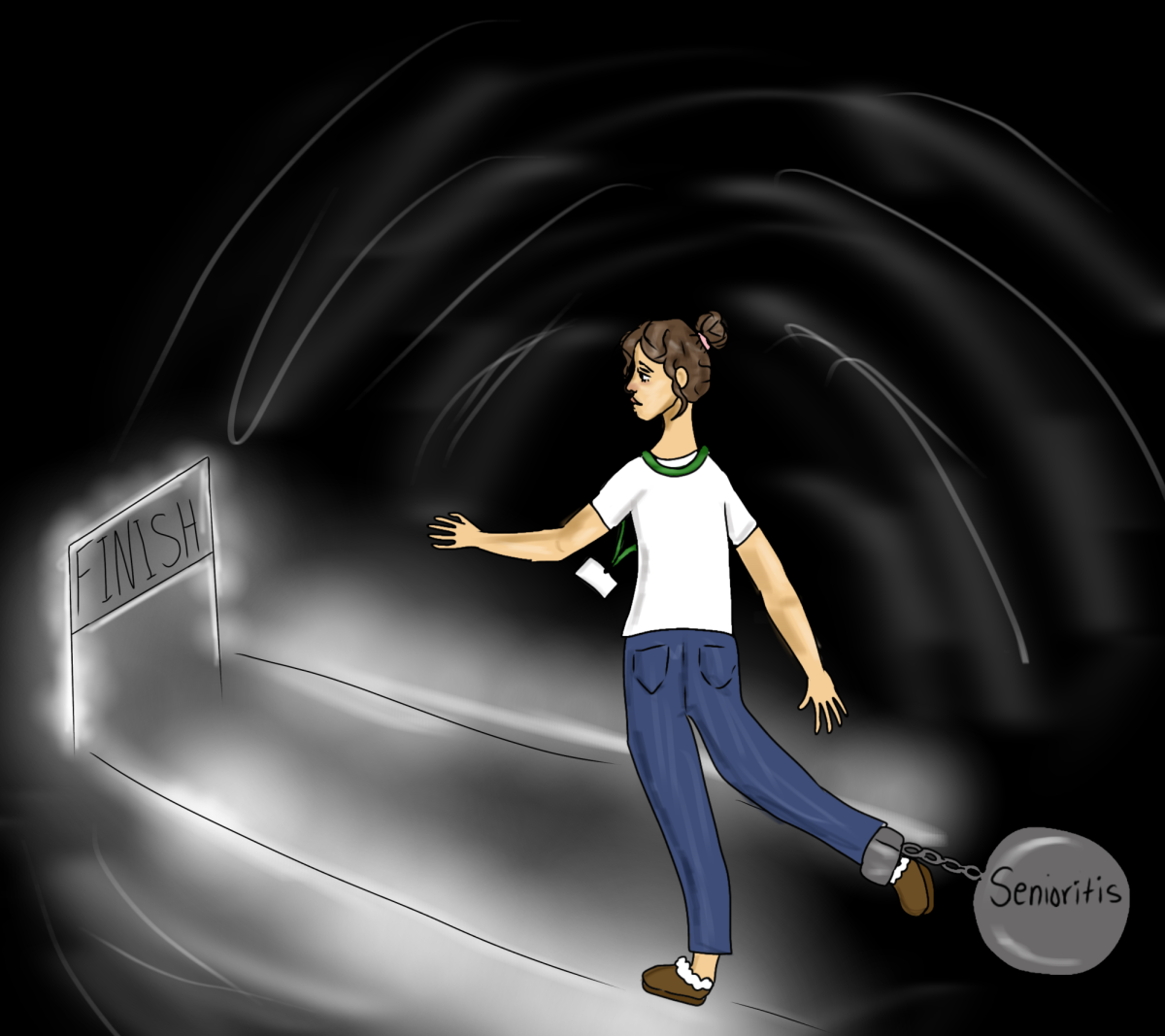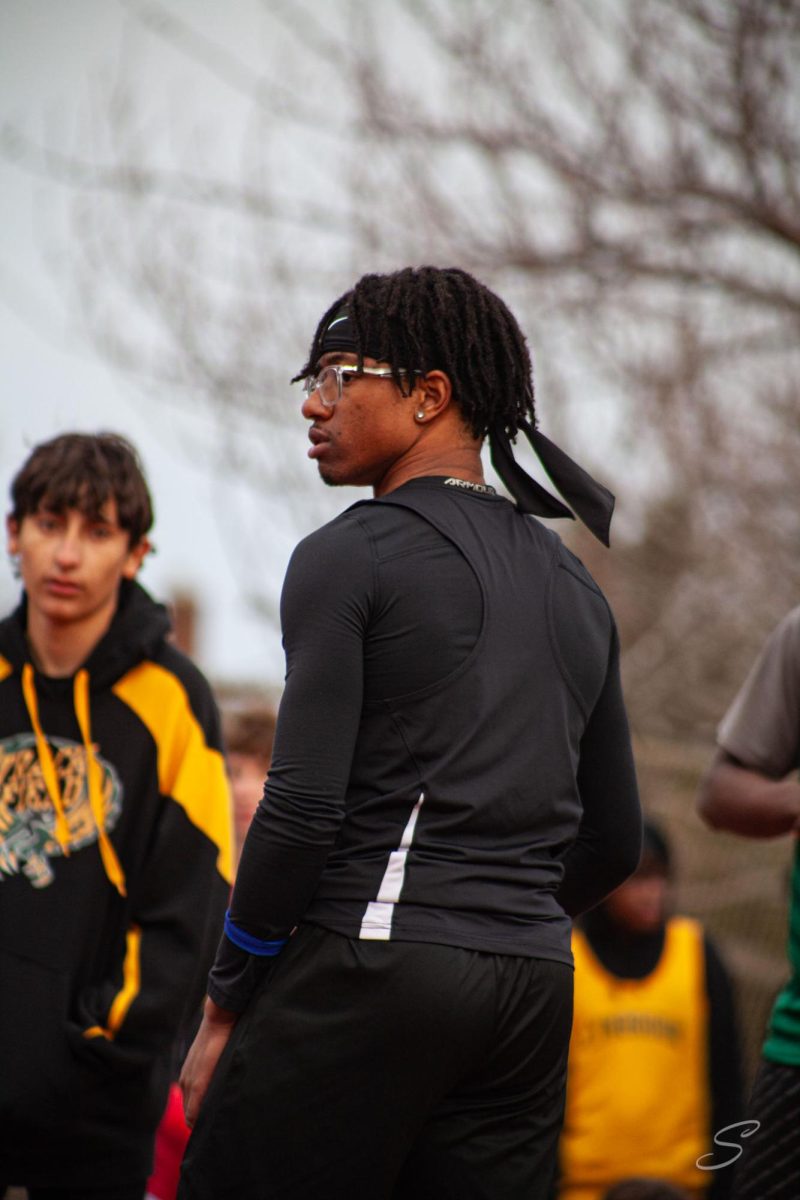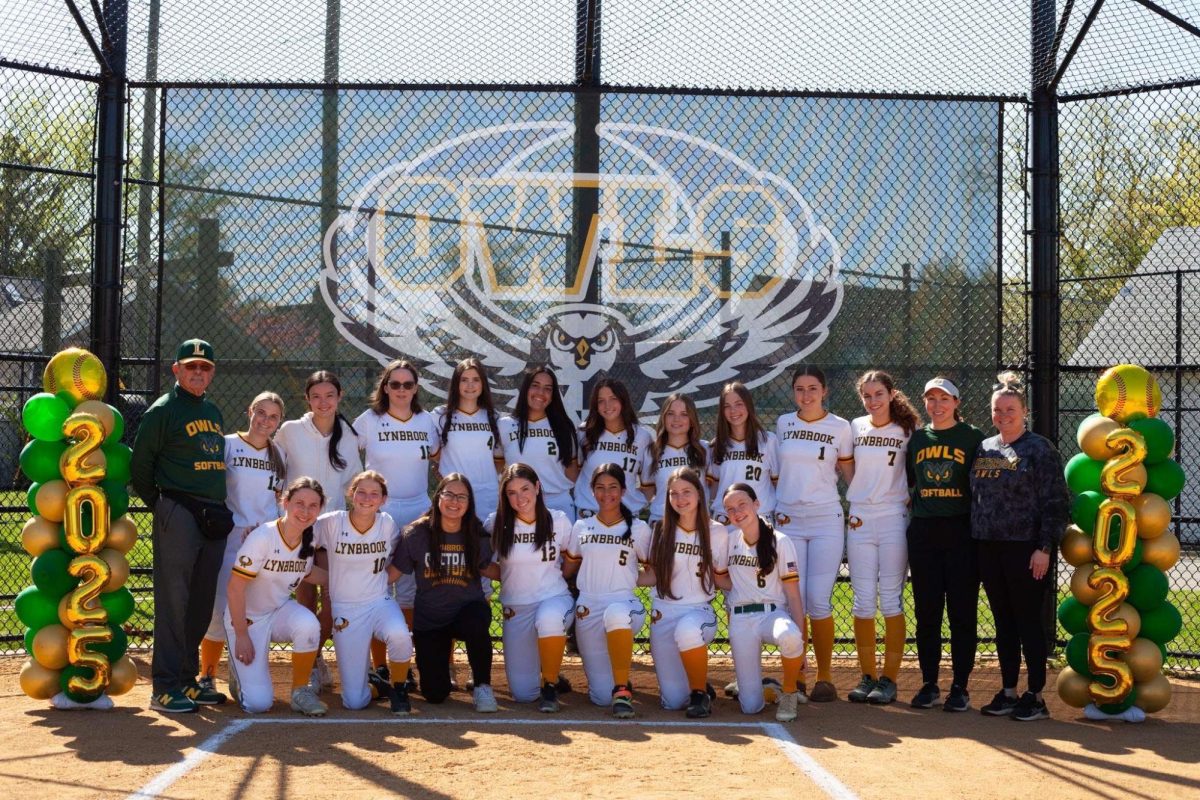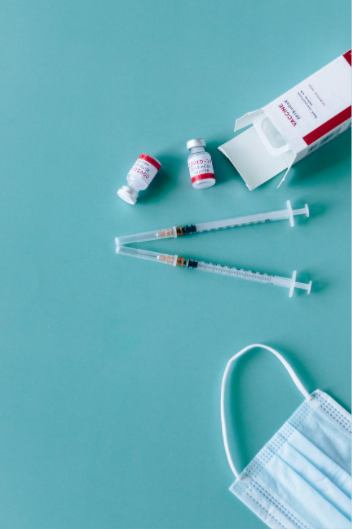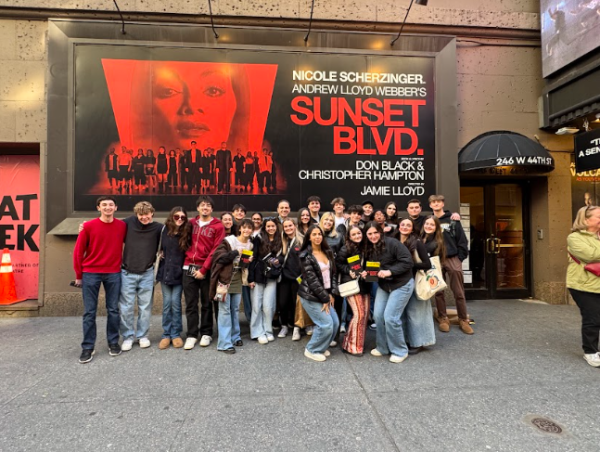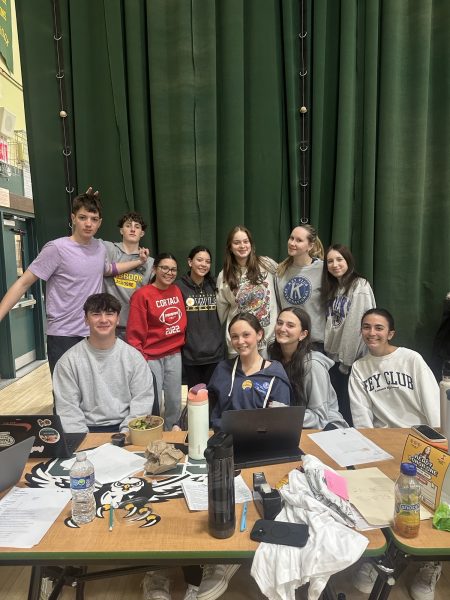COVID-19 Vaccine & Booster Update
The number of people getting in line for the COVID-19 vaccine and/or booster shot is quickly increasing. Moderna, Pfizer, and Johnson & Johnson are currently the three CDC-approved vaccine options to choose from. When the vaccines were first ready for distribution, people 18 years of age and older were eligible for the vaccine. The age eligibility has since expanded, and as of Nov. 5, all children and adults five years or older are eligible for the vaccine. People ages 18 and older are now eligible for the booster shot.
“A vaccine is a way of introducing your immune system to some kind of pathogen, something that causes disease, so that if your immune system sees that thing in the future, it knows how to fight it off,” explained science teacher Stoycho Velkovsky. The vaccine does not guarantee prevention of COVID-19, but it does lessen the extreme side effects the virus can have. “It’s putting up a wanted poster: ‘if you see this, attack it,’” Velkovsky added.
Boosters are given with the intent of helping to rebuild immunity against the virus and to build extra immunal protection. This especially helps people with underlying medical conditions whose immune systems are weaker. Everyone’s bodies are different, so it is up to them to choose whether or not getting the boosters along with the vaccine is right for them. The benefits of getting the vaccine include not having to wear masks in public, having the ability to fight off the virus more easily if one comes into contact with it, and moving one step closer to normality.
It is recommended by the government and the country’s top doctors that everyone gets the vaccine, especially those who are constantly exposed to the virus on a daily basis or have existing health conditions, such as diabetes or asthma.
Freshman Gianna Longo believes that any person who is eligible to get the vaccine should receive it. “ Not only does the vaccine protect you against receiving COVID-19, but it also aids in preventing you from transmitting it to anyone else,” she said. “While it is possible to have COVID-19 even if you’re vaccinated, there is a lesser chance of having severe symptoms or ending up in the hospital.”
In addition to the scientific aspect of the vaccine, politics surrounds coronavirus and its treatment. Even though the vaccine has been mandated in many areas and workplaces, the democratic majority federal government is considering taking another step and fully mandating the vaccine for everyone. People have mixed feelings about this decision.
“I believe the government has the people’s intentions in mind when mandating the vaccine; however, I believe that it may be an infringement on certain peoples personal rights and beliefs,” said junior Alyssa Inserra.
Meanwhile, Longo said she does not favor or oppose a national vaccine mandate. “While as many people as possible should be getting vaccinated, there are certain people who don’t necessarily need to be mandated. For example, it makes sense for teachers and students to be vaccinated because they are interacting with people face-to-face daily in proximity. However, it is unnecessary for someone like a sanitation worker to be mandated because they wouldn’t be interacting with someone for an extended period.”
Inserra and Longo’s opinions are just two of the many opposing opinions that people have on the vaccine. ProHealth medical secretary Bibi Khan said, “I’m against mandating the vaccine because people should have a choice about what is being administered in their body. These vaccines are the first of their kind and we don’t have any documentation on the long-term effects it can have on our health.”
By now, many people want to return to the “normal” world we used to live in: one without masks, without social distancing, and without general chaos as a result of the pandemic. Hopefully, this can be achieved, whether with or without a vaccine mandate.

Hi, there! My name is Miranda N. Mangru and I am a member of the Class of 2025. I serve as the Online Editor-in-Chief for the '23-'24 and '24-'25 school...




